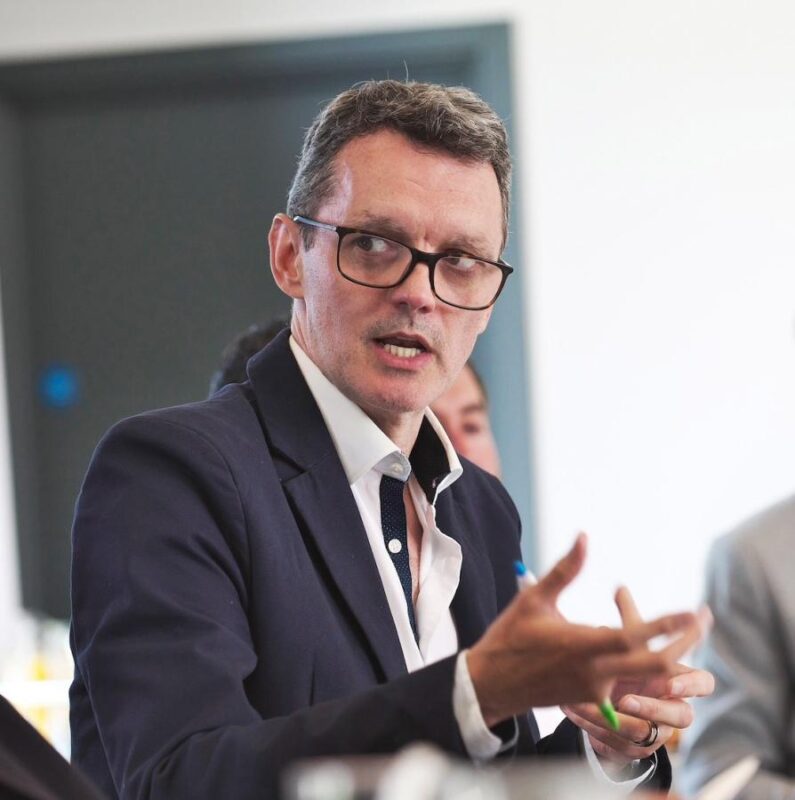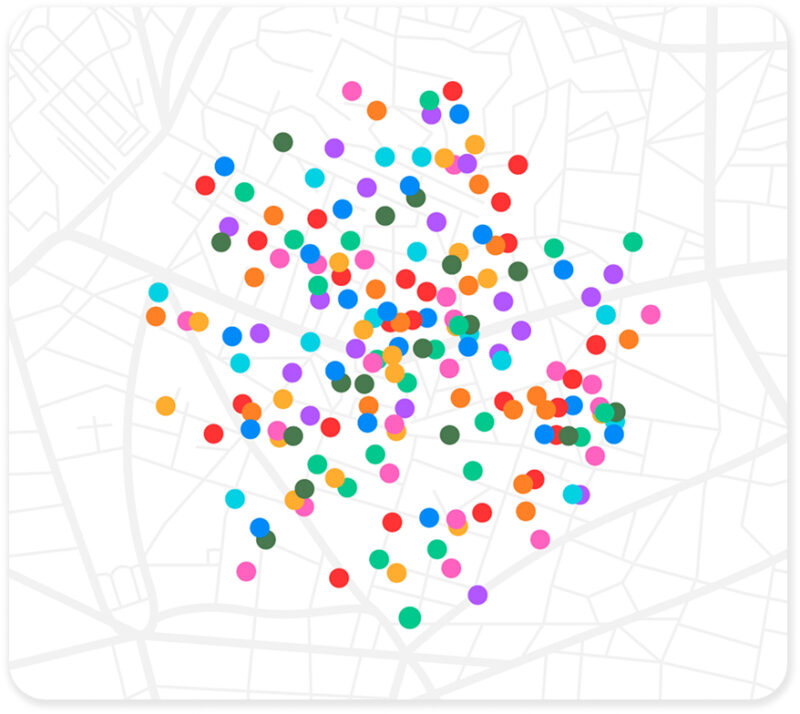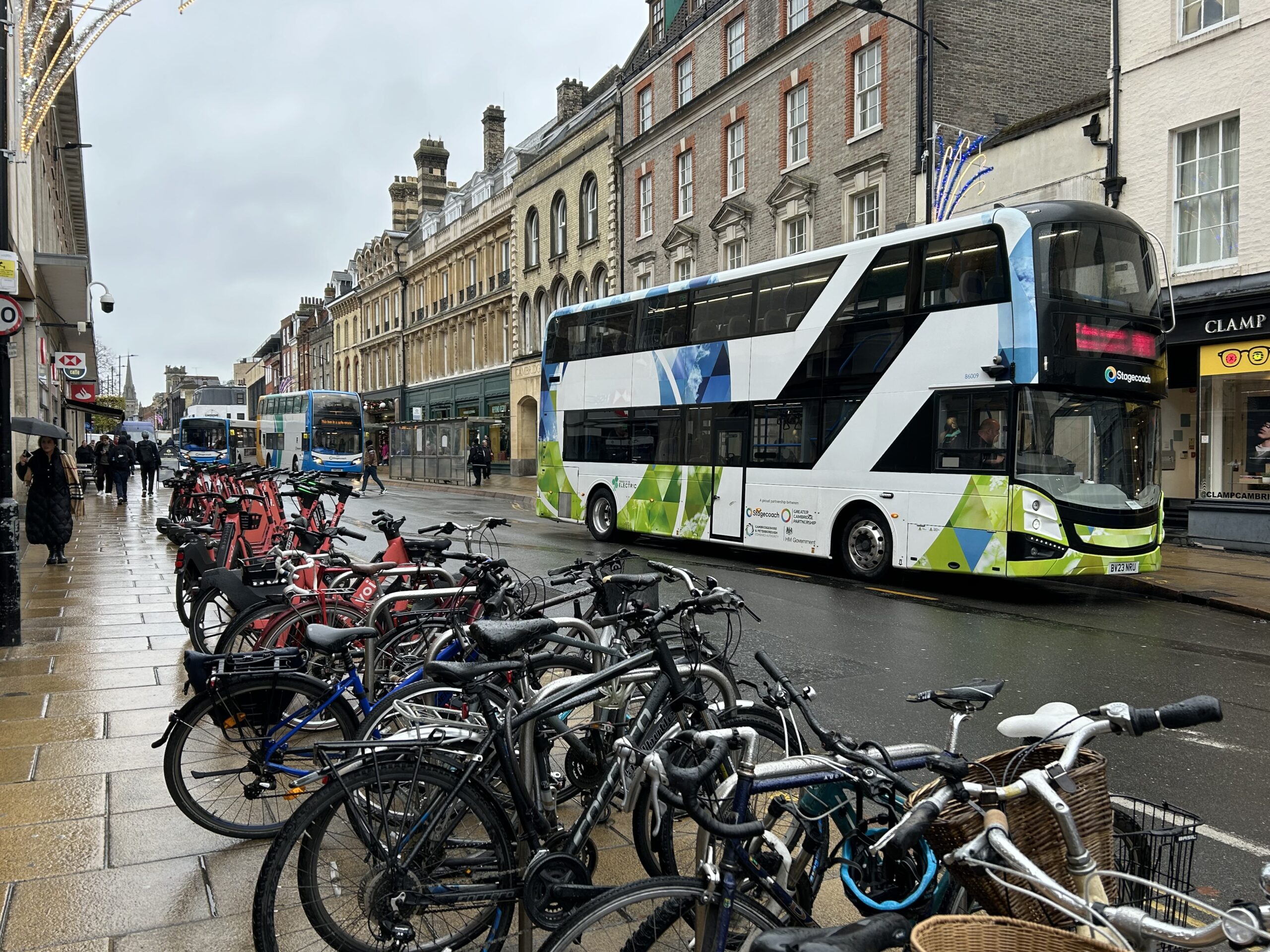Professor Aled Jones, Director of the Global Sustainability Institute at Anglia Ruskin University, explains why he is working with Cambridge Ahead to launch a call for evidence on energy and sustainability in the Cambridge city region
The Cambridge city region is one of the fastest growing areas in the UK, driven by world-leading science and technology clusters.
This rapid growth has not been matched by investment in the infrastructure to support it to happen sustainably and inclusively. As a result, residents and businesses are faced with a widening infrastructure gap – transport, utilities, health and housing are all struggling to keep pace. This gap limits the city region’s economic potential and threatens the quality of life of its residents.
While key challenges like stark socioeconomic inequality, insufficient affordable housing and water scarcity are well known in Cambridge, there is one additional challenge that needs to be addressed. This is the challenge associated with energy access and a new greener source of power.
Cambridge is a city with a global reputation. It has prided itself on finding solutions to global challenges for many centuries. The biggest challenge we now face is climate change and Cambridge could once again lead the way in developing solutions and implementing them.
“We need a bold vision of a zero-carbon city – one that meets our future energy needs in an equitable and inclusive way. Could energy infrastructure help facilitate a reduction in inequality across Greater Cambridge? What are the new models for energy ownership that provide innovative solutions to multiple challenges? While we can see a way to support the demonstration of innovative technology solutions across the city and wider region, this needs to be accompanied by innovative governance and stakeholder management processes, co-produced with our communities so that we can be truly world leading.
That’s why I am launching this call for evidence, a collaboration between Cambridge Ahead and the Global Sustainability Institute, to make our contribution to an equitable, progressive and inclusive vision for sustainable growth of the city region.”
Read the call of Evidence here
This project is one of many exciting and important initiatives to inform the long-term sustainable growth of the Cambridge city region. This includes other projects within the Infrastructure Gap programme as well as work led by other organisations inside and outside the CA membership.
For example, the city’s two universities have recently collaborated on the Economics of Energy Innovation and Systems Transition (EEIST) project, a £3 million project funded by the UK Government. EEIST develops cutting edge complexity-based modelling solutions to support government decision making around low-carbon innovation and technological change, aiming to facilitate a rapid low-carbon transition. The project team worked with colleagues in China, India and Brazil to better understand how policy decisions are made and how knowledge is used in those decision-making processes with the aim of improving support to create a vision for a rapid transition to a new zero carbon world. Additionally, Cambridgeshire County Council are currently developing a Local Area Energy Plan (LAEP) which will help identify the best route to net zero across the region.
We need a wide systems view of how energy fits into the vision of Cambridge and to understand our role in contributing, once more, to changing the world. Use the link to our Call for Evidence to make your contribution to this vision.

Written by Professor Aled Jones
Director, Global Sustainability Institute, Anglia Ruskin University





